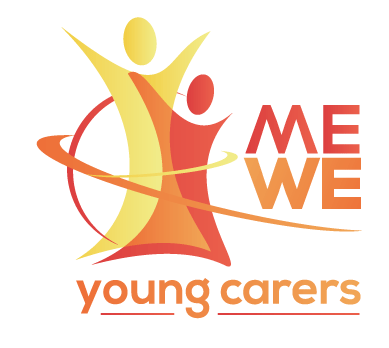Eurocarers participates in Strategic Dialogue on the Youth Guarantee
Yesterday, Eurocarers participated in a strategic dialogue organised between the European Commission (DG Employment, Social Affairs and Inclusion) and Civil Society Organisations on the reinforcement of the Youth Guarantee.
The Youth Guarantee is a structural framework to tackle youth unemployment and inactivity. EU Member States have committed that all people under 25 receive a good-quality offer of employment, continued education, an apprenticeship or a traineeship within a period of four months of becoming unemployed or leaving formal education.
The Youth Guarantee has brought tangible results across the EU. The youth unemployment rate is now down to 14.2% and there are 2 million fewer young people who are not in employment, education or training (known as NEETs).
Despite the obvious successes, there are challenges that still need to be tackled. To this end, the European Commission invited civil society organisations to a Strategic Dialogue to help identify ways for reinforcing the Youth Guarantee framework. They are particularly interested in better supporting the employability of young people in vulnerable situations, including young people with caring responsibilities.
Although prevalence data are incomplete, about 7-8% of children in Europe will have caregiving responsibilities; about 1 in every 12 children. Without adequate support, being a young carer can negatively affect health, social life as well as more adverse outcomes in behavioural, psychosocial, and academic adjustment and self-confidence; over 45% report a mental health problem. Indeed, young carers have been identified as being at higher risk of becoming NEET (not in education, employment or training), often as a result of challenges in obtaining relevant qualifications. However, research has shown that, once given the relevant support, young carers develop better coping skills and self-esteem which in turn makes them more resilient, empathetic, mature than other young adults, characteristics highly prized by many employers.
At the meeting, Eurocarers highlighted that young carers are hard to identify and so may not be seen as a target group for intervention in the way that other at-risk groups (e.g. low skills, migrant backgrounds, living in rural areas, ethnic minority) are. Along with better health and social care for carers and care recipients alike, training, counselling, psychological and emotional support based on a ‘whole family approach’ which looks at the needs and views of all individuals within the family will help ensure the well-being of young carers and enhance their employability.
Two EU-funded projects (Me-We and Edy-Care) in which Eurocarers is involved offer a range of examples of how to support young carers to remain in education and prepare for further education, training and employment, including resilience training, Individualised Education Plan, mentoring in school and flexibility around exam dates and the completion of school work.
